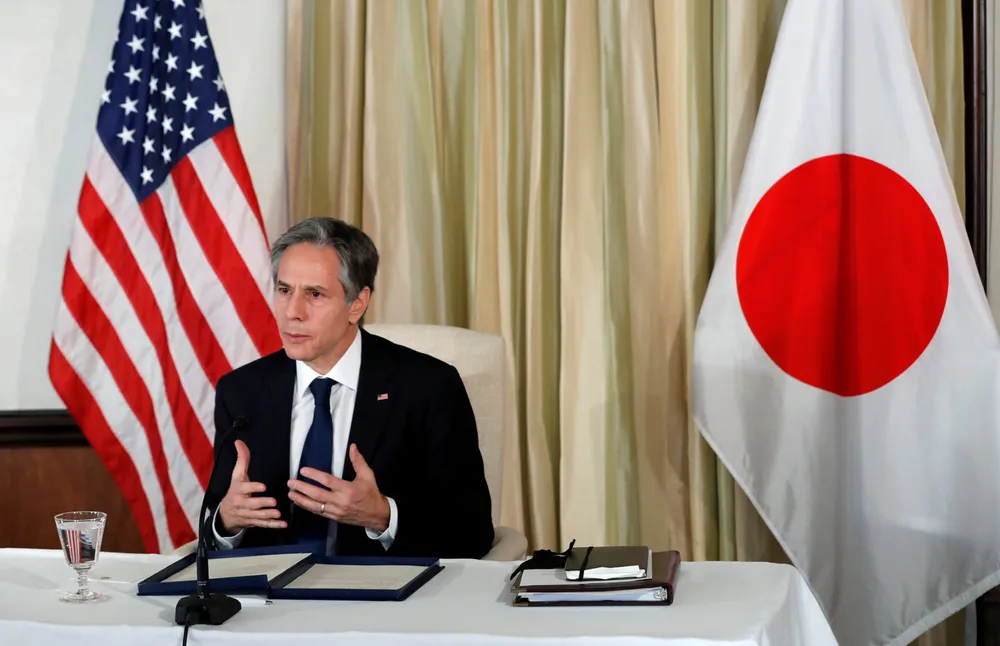US switches focus on mitigating Nord Stream 2's impact on Ukraine
Washington brings Germany to negotiation table to work out security guarantees and protection for Ukraine and East European countries

Washington brings Germany to negotiation table to work out security guarantees and protection for Ukraine and East European countries
